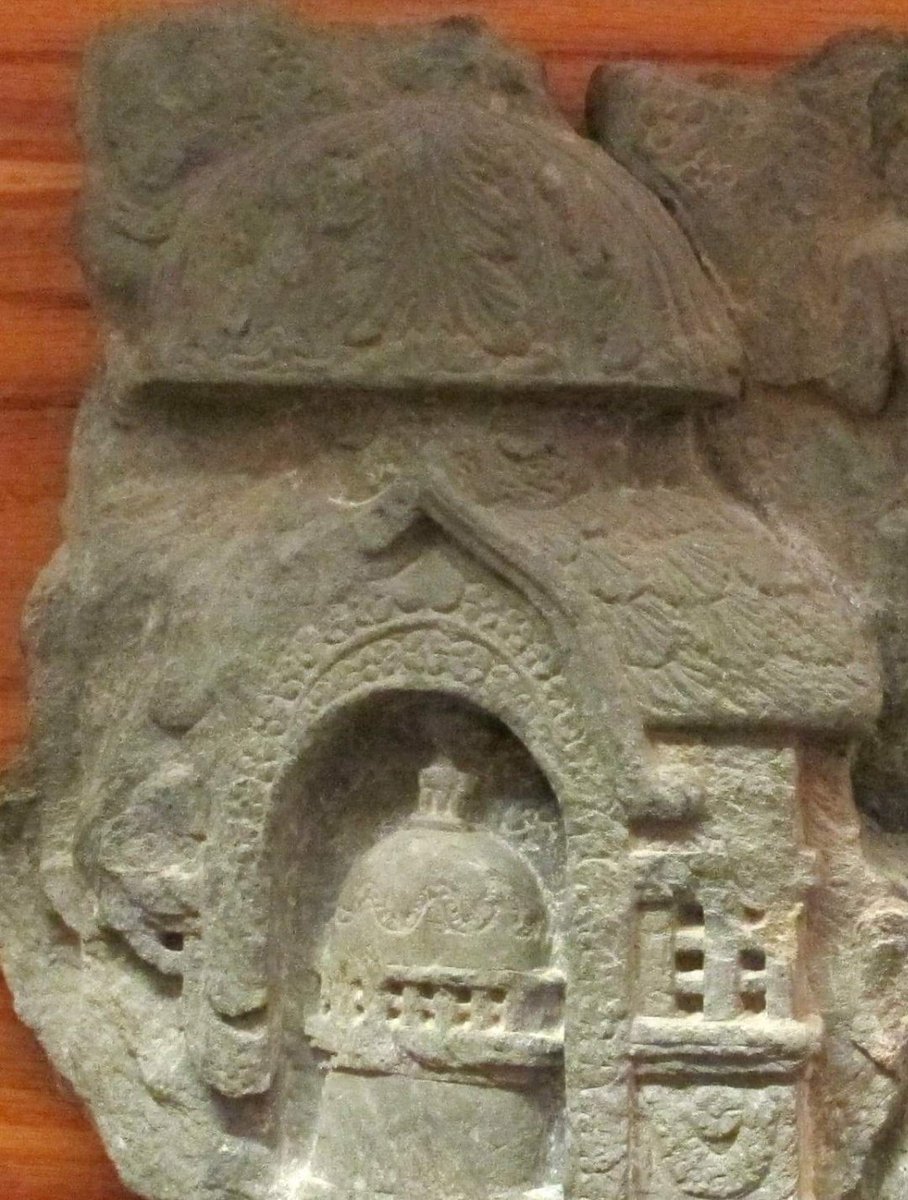I’ve recently come across a few articles/posts where the Hebrew word רקיע (‘firmament, expanse, space, vault’) is said--with no little certainty--to denote a solid dome of some kind.
That claim doesn’t strike me as at all obvious.
In terms of its etymology, the word רקיע seems to derive from the verb רקע,
which means ‘to be thinned out’ in some way.
It’s possible, therefore, for רקיע to denote ‘a solid/metallic dome’ of some kind.
But it’s not necessary.
Etymology doesn’t, therefore, decide the issue.
which is why, in Rabbinic literature, one of the seven heavens is named רקיע.
And, to my mind at least, the text of Gen. 1 doesn’t employ the term רקיע as if it denotes a solid dome at all.
In Gen. 1.8, God assigns the רקיע the name ‘heaven’ (שמים = lit., ‘heavens’),
which doesn’t reflected the idea of ‘studding’ a solid surface with stars (or hanging them from a ceiling),
Despite what is commonly claimed, the term רקיע doesn’t appear to have been understood by the author of Genesis to denote a solid dome, but, rather, an open expanse of space.




















